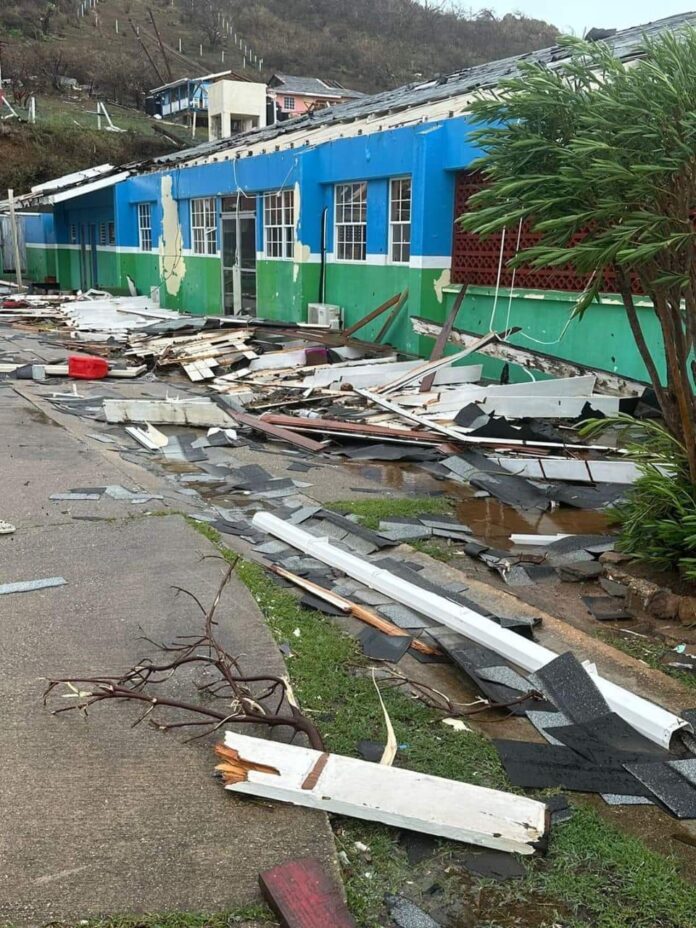
Caribbean conservationists are encouraging small island developing states (SIDS) to place greater attention on disaster risk management and prevention measures so that the appropriate strategies are in place and actionable before the countries are devastated by natural disasters.
This, was as Hurricane Beryl made history by becoming the strongest and earliest Atlantic hurricane on record in June or July.
Speaking at a Global Conservation Connection webinar on Tuesday under the topic ‘Disaster Risk Management and Hurricanes in the Caribbean’, keynote speaker Dr. Trevor Johnson Jr, from The Bahamas, a consultant with the Inter-American Development Bank and a regional disaster management specialist with the Pacific Disaster Center, stated that issues surrounding disaster management should be at the forefront of the agenda of all governments within the Caribbean region.
He argued that as disasters impacted every socio-economic sector, deliberate, laser-focused, and pragmatic regional discourse is necessary and that the issues of disaster risk management demand a full community approach.
“Disaster risk management is everyone’s business,” he said.
On the morning of July 1, Hurricane Beryl completely ravaged homes, and farmlands in Grenada and St Vincent and the Grenadines, leaving little to no trace of vegetation or the possibility of continued livelihoods. It also interfered with electrical infrastructure, telecommunications, and water services. There were similar occurrences in Jamaica when the Category-4 storm lashed the south coast of the island on July 3.
According to Johnson Jr, there will be more natural disasters, as this is simply the new reality of “our warming world”. Countries must, therefore, be prepared to take steps to lessen their vulnerabilities, ensure preparedness, actively engage in mitigation efforts, respond to emergencies, and ensure recovery.
‘We do not heed warnings’
Nadia Cazaubon from St Lucia, who is the deputy chair of the Soufrière District Disaster Management Committee, called for all countries to pay greater attention to preparing residences for impending disasters.
“I have a military background, and I can tell you that in the Caribbean we do not take heed of warnings,” she said.
Cazaubon further called for more disaster and safety education and drills for all eventualities to be taught at the community level, and stated that all citizens should take personal responsibility to ensure that they get each other adequately prepared, “because when a disaster hits, it affects every single one of us”.
She continued that St Lucia has had challenges with disaster risk management, particularly in the town of Soufrière, which is extremely vulnerable to hurricanes and storm surge damages.

